Could human–AI collaborations be the future of interdisciplinary studies?
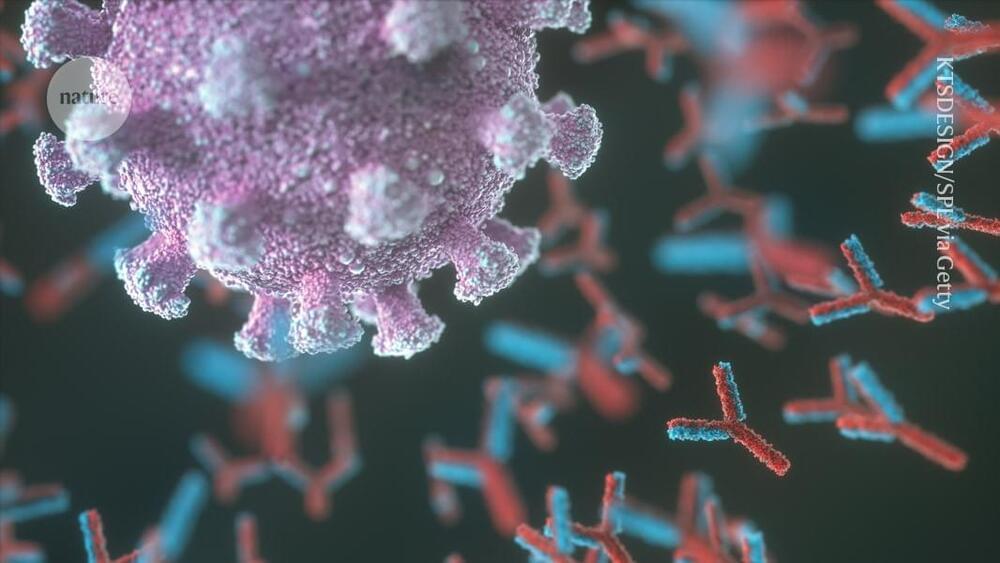

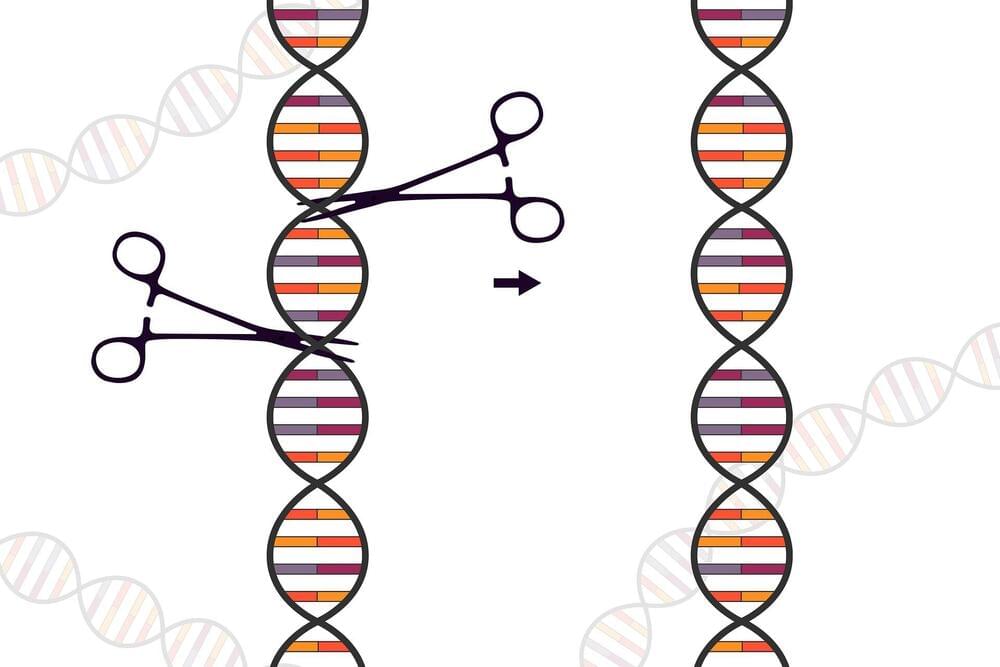
Its a problem, but im sure ASI by 2035 will solve for a way to use a Crispr type tool with zero unintended alterations. Look for a way to use w/ out alterations in meantime, but worst case ASI will solve it.
Genome editing with various CRISPR-Cas molecule complexes has progressed rapidly in recent years. Hundreds of labs around the world are now working to put these tools to clinical use and are continuously advancing them.
CRISPR-Cas tools allow researchers to modify individual building blocks of genetic material in a precise and targeted manner. Gene therapies based on such gene editing are already being used to treat inherited diseases, fight cancer and create drought-and heat-tolerant crops.
The CRISPR-Cas9 molecular complex, also known as genetic scissors, is the most widely used tool by scientists around the world. It cuts the double-stranded DNA at the exact site where the genetic material needs to be modified. This contrasts with newer gene-editing methods, which do not cut the double strand.
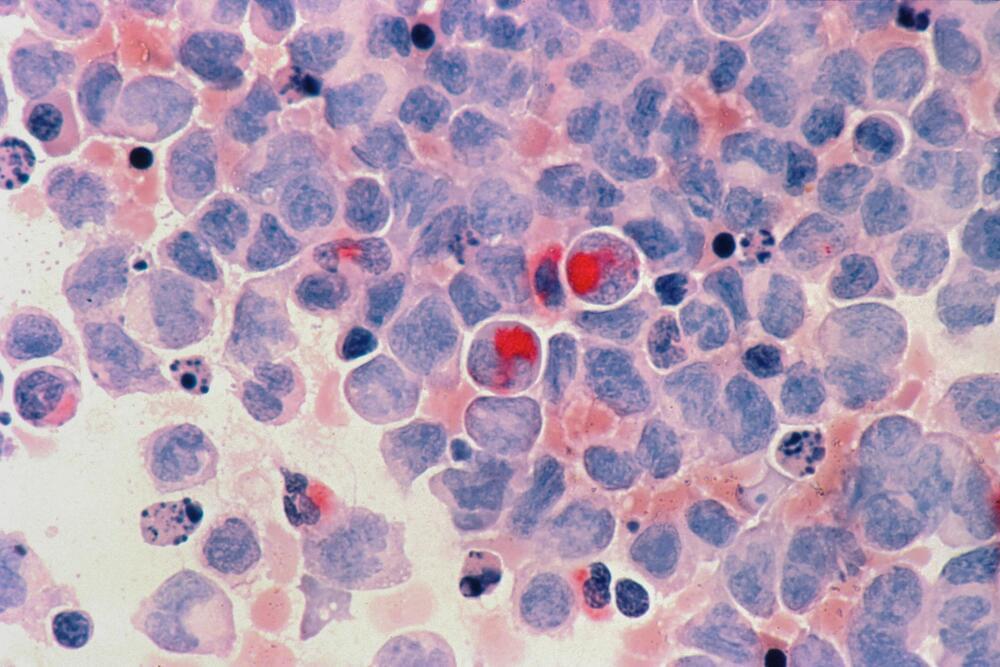
Researchers at University of California San Diego School of Medicine and their colleagues have developed the first comprehensive map of the dramatic changes that take place in the blood system over the course of the human lifetime.
The study was published on December 5 in Nature Methods.
The team quantified the gene expression of more than 58,000 individual hematopoietic (blood) stem cells at seven stages, from early fetal development to old age. They documented consistent changes in the types of blood cells that are produced in response to the functional demands of each life stage.
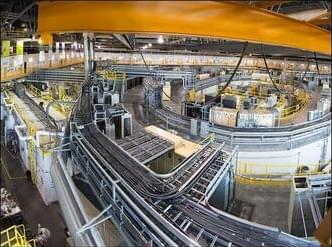
Migraine is often misunderstood, with many people facing stigma due to the invisible nature of the illness. Effective treatment is essential for managing migraine attacks, but education and support from the public and medical community are also crucial for validating the experiences of those affected.
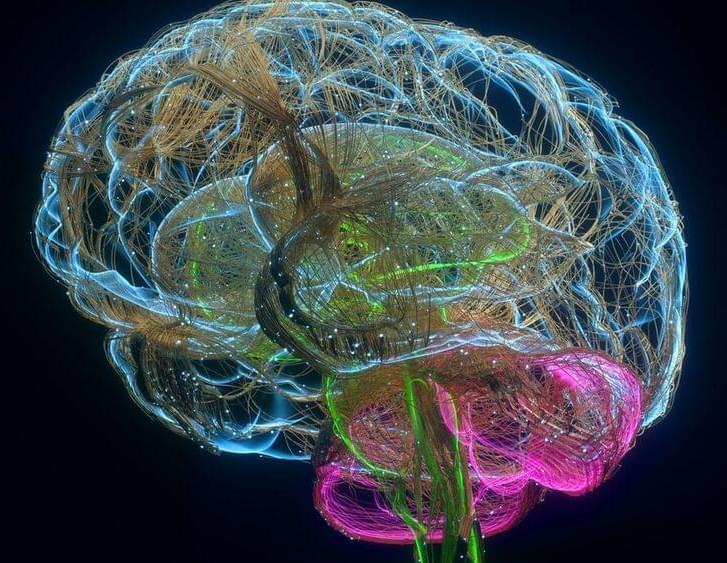

A recent study investigates the relationship between exercise and the expression of MYC in skeletal muscles over time, revealing that even minimal doses can promote muscle growth without physical activity.
Researchers have long known that there is a relationship between the cancer-associated gene MYC (pronounced “Mick”) and exercise adaptation. When human muscles are exercised, MYC is found to increase transiently in abundance over 24 hours. But as we age, the MYC response to exercise is blunted, perhaps explaining a reduced ability to recover from exercise and maintain or gain muscle.
Knowing the precise mechanisms by which MYC drives muscle growth could prove instrumental in creating therapies that reduce muscle loss from aging, potentially improving independence, mobility, and health.
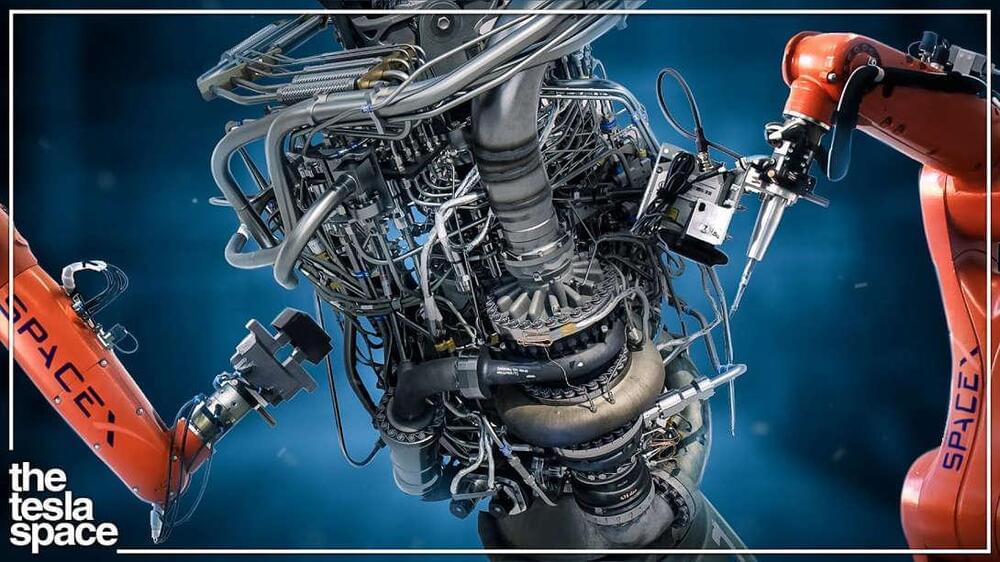
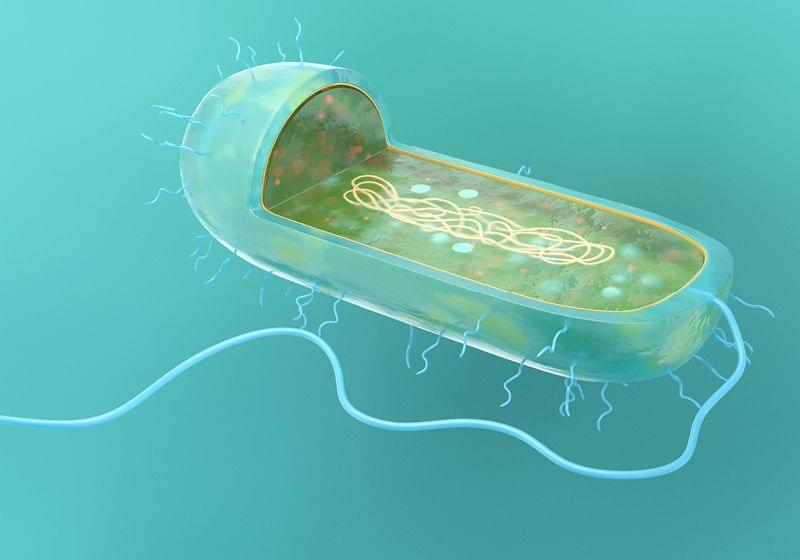
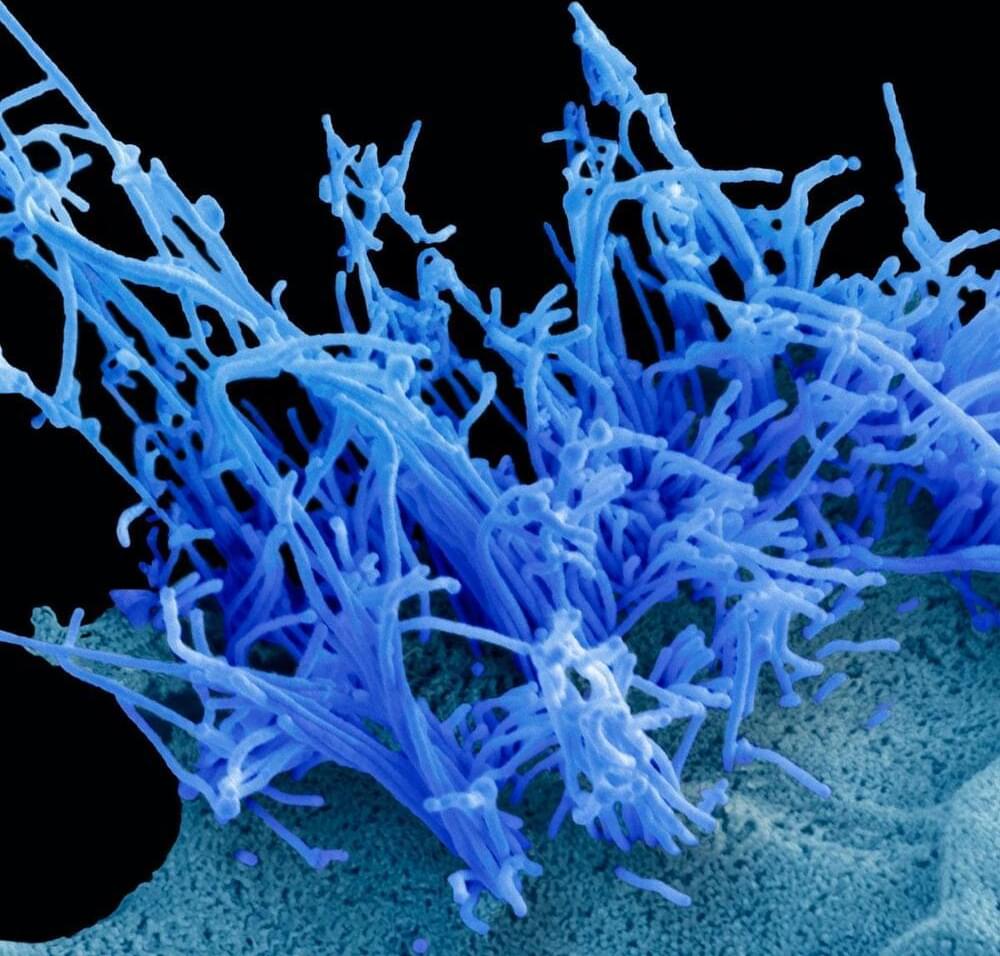
A new study finds tweaking part of the H5N1 virus infecting dairy cows in a single spot could allow it to better attach to human cell receptors, raising concerns it could transmit more easily between people.
Scientists have discovered that H5N1, the strain of highly pathogenic avian influenza virus currently spreading in U.S. dairy cows, only needs a single mutation to readily latch on to human cells found in the upper airway. The findings, published today in Science, illustrate a potential one-step path for the virus to become more effective at human transmission—and could have major implications for a new pandemic if such a mutation were to become widespread in nature.
Guest Editors: Prof. Robert Mannel, MD, University of Oklahoma HSC Prof. Judith Campisi, PhD, Buck Institute for Research on Aging Prof. Balazs Gyorffy, MD, PhD, Semmelweis University Prof. Anna Csiszar, MD, PhD, University of Oklahoma HSC Prof. Peter Bai, PhD, University of Debrecen.
The field of geroscience, focusing on the biology of aging, has revealed fascinating insights into the intricate relationship between aging and cancer. As the incidence of numerous cancer types exponentially increases with advancing age, understanding the cellular and molecular mechanisms underlying aging becomes crucial in deciphering the genesis and progression of cancer. We invite researchers to submit papers that shed light on specific mechanisms of aging that play pivotal roles in the development and progression of cancer, serve as targets for cancer treatments and contribute to the side effects of cancer therapies. Additionally, we are also interested in exploring the potential of aging-related biomarkers, including gene expression profiles associated with aging processes, as predictors of cancer survival.